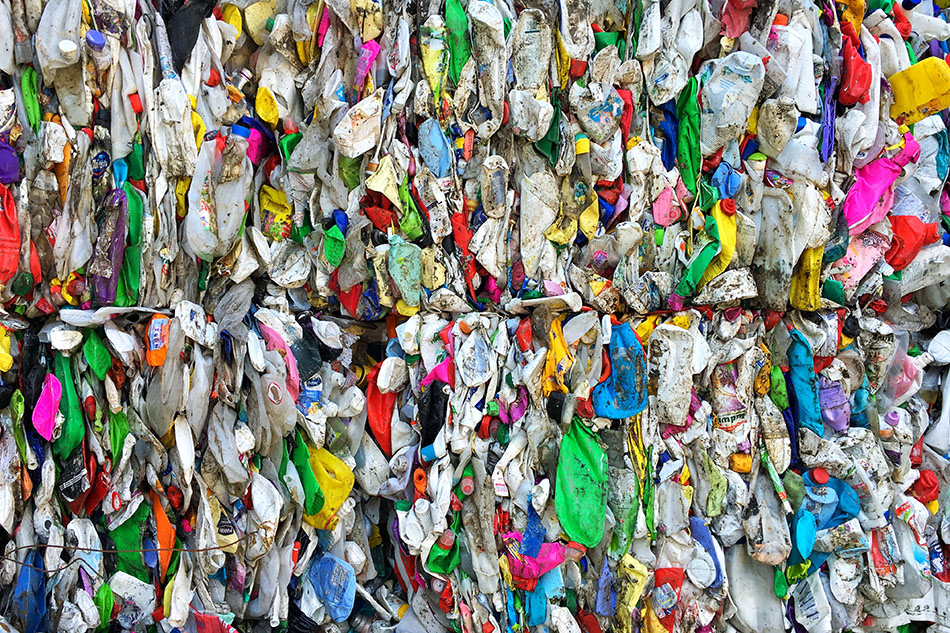
A recycling technology company leader argues we should evaluate whether the outputs of molecular recycling technologies qualify as recycling, instead of applying labels to the processes themselves. | maciej nicgorski/Shutterstock

A recycling technology company leader argues we should evaluate whether the outputs of molecular recycling technologies qualify as recycling, instead of applying labels to the processes themselves. | maciej nicgorski/Shutterstock

The Dec. 15 hearing by the U.S. Senate Committee on Environment and Public Works brought four panelists together to answer questions from legislators. | Katherine Welles/Shutterstock
During a two-hour hearing, U.S. senators questioned industry experts about chemicals in plastics, marine plastic pollution and extended producer responsibility.

Michael Zamora, senior vice president of Product Solutions at ExxonMobil, and Ron Delia, CEO at Amcor, signed the agreement, through which ExxonMobil will sell increasing amounts of recycled resin each year to Amcor. | Courtesy of Amcor
One of the world’s largest packaging producers, Amcor, has signed a deal to buy huge amounts of chemically recycled resin from one of the world’s largest plastics producers, ExxonMobil.
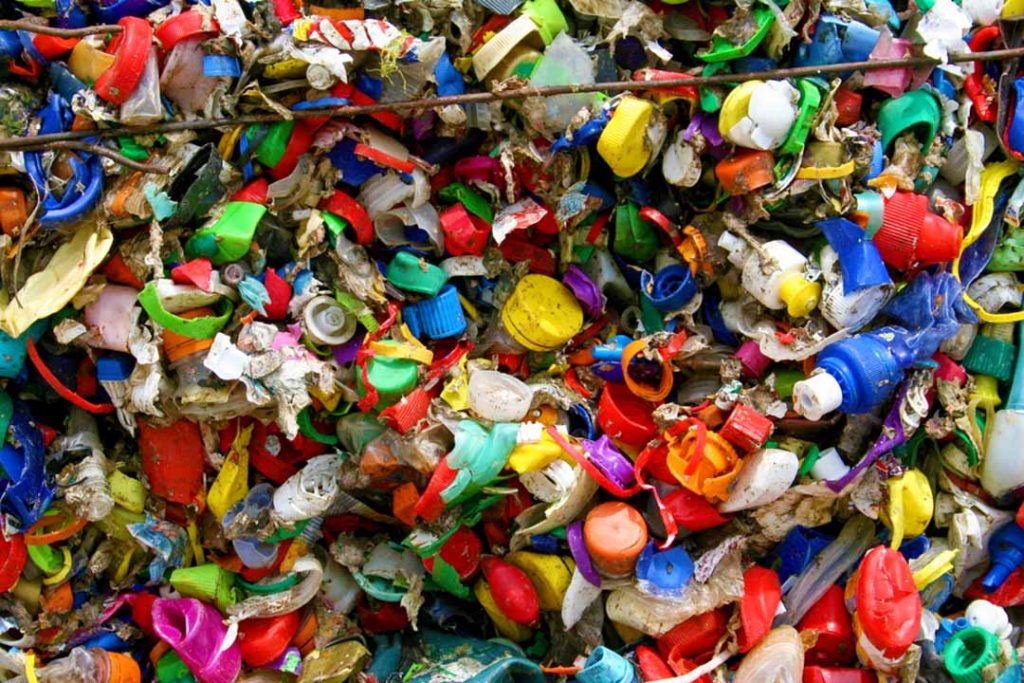
As of 2021 there were more than 40 companies working to develop or manage chemical recycling projects in the United States. | paul prescott/Shutterstock
Mechanical recycling should take priority over chemical recycling, but there will need to be several technical solutions to the world’s plastic problem, argued panelists on a recent Product Stewardship Institute webinar.
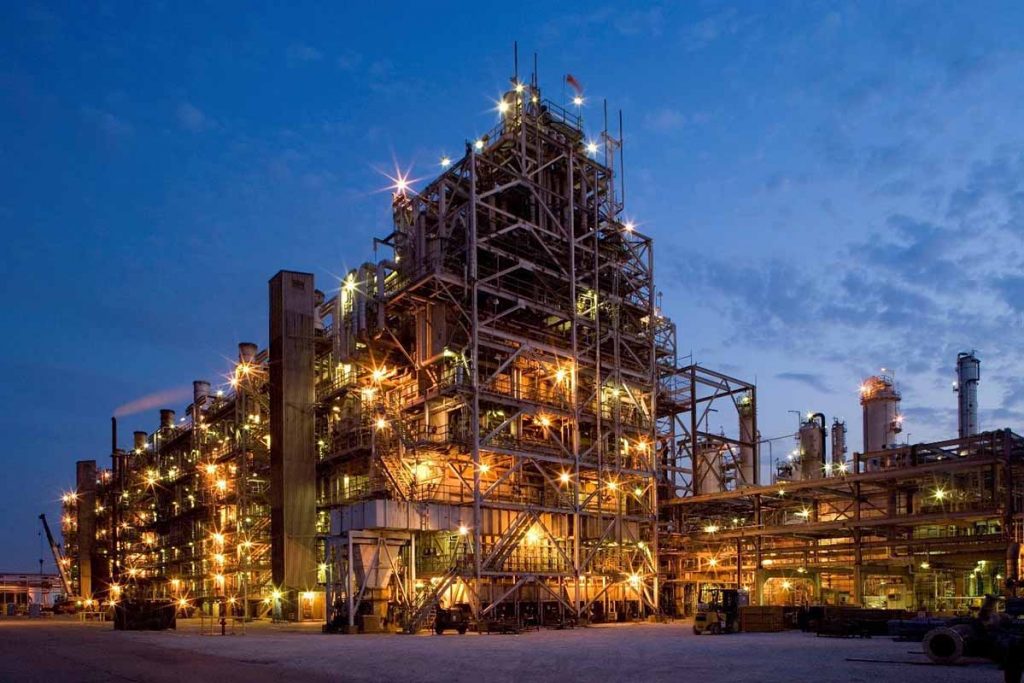
LyondellBasell will chemically recycle scrap plastic feedstock produced by the Cyclyx sorting facility in Houston. Pictured are LyondellBasell’s crackers at its Channelview, Texas complex, which is near Houston. | Courtesy of LyondellBasell
Global plastics producers will invest about $100 million in a plastic scrap sorting facility to generate feedstock for both mechanical and chemical recycling processes.
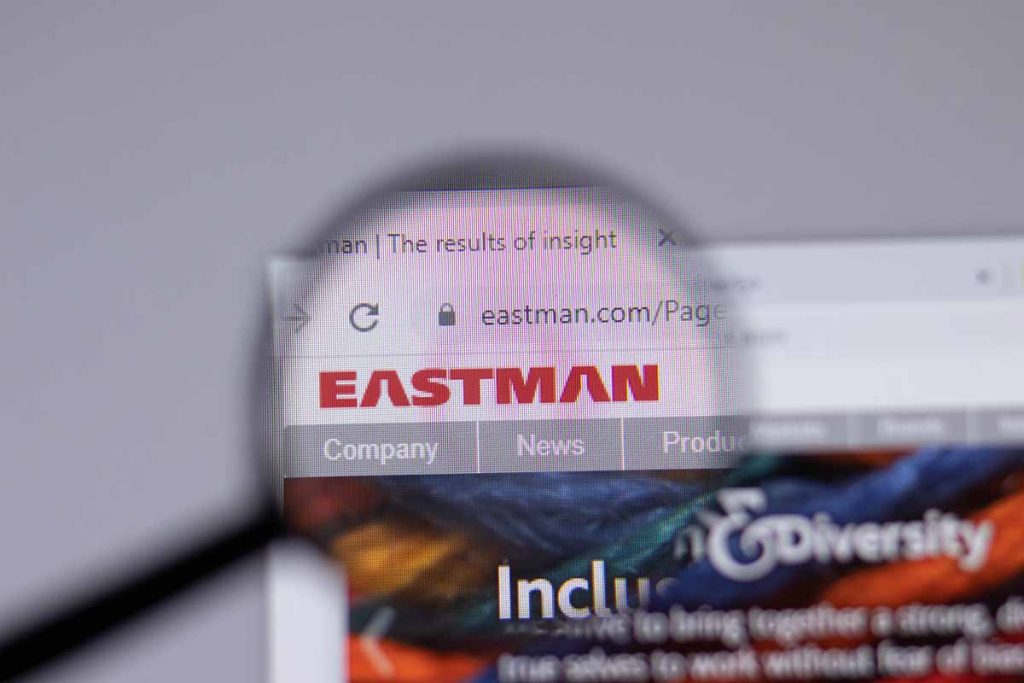
As it looks to build its third chemical recycling facility in the U.S., Eastman is forging partnerships with PepsiCo and P&G to receive its processed PET. | Postmodern Studio/Shutterstock
Chemical recycler Eastman will be supplying PepsiCo with processed PET under a new offtake agreement.
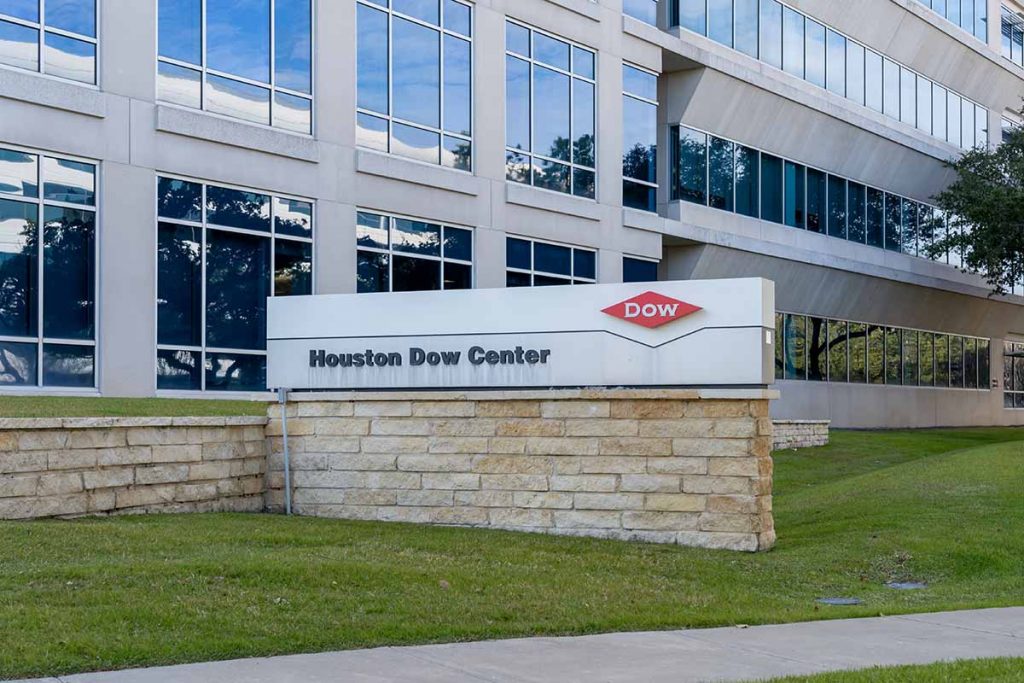
Revised objectives for the company come on the heels of various internal reorganizations and international partnerships aimed at more robust circularity. | JHVEPhoto/Shutterstock
Chemical giant Dow has updated its “Stop the Waste” goal to “Transform the Waste” and now plans to produce 3 million metric tons of circular and renewable plastic annually by 2030, tripling its previous target.

A tandem chemical and biological process that draws from decades-old studies on chemical oxidation can be used to break down a variety of plastic types. | PowerUp/Shutterstock
Researchers have developed a way to turn mixed polymer plastics into a single chemical product, which could potentially eliminate the need to sort plastic by type prior to recycling.

A Eunomia report commissioned by the Alliance to End Plastic Waste aimed to set requirements for pyrolysis feedstock. | paul prescott/Shutterstock
Two recently released reports investigated the benefits of chemical recycling and dug into setting feedstock requirements for pyrolysis.
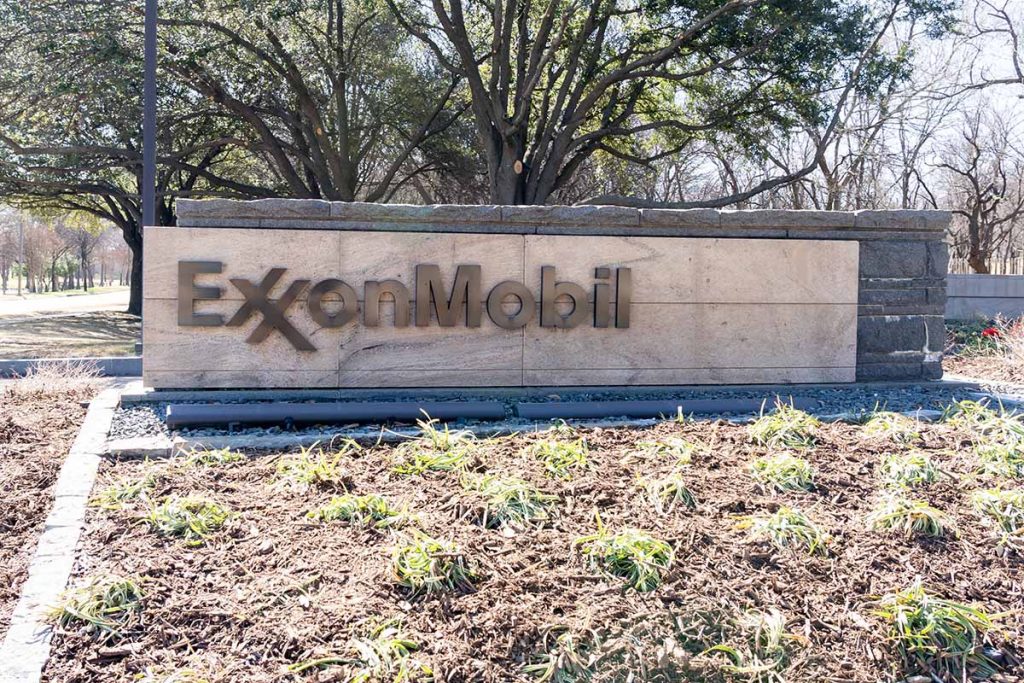
ExxonMobil recently disclosed some details about the company’s chemical recycling plans. | JHVEPhoto/Shutterstock
A sustainability executive at ExxonMobil recently laid out details on the energy giant’s multifaceted strategy around chemical recycling, and it’s clear hopes are high.

